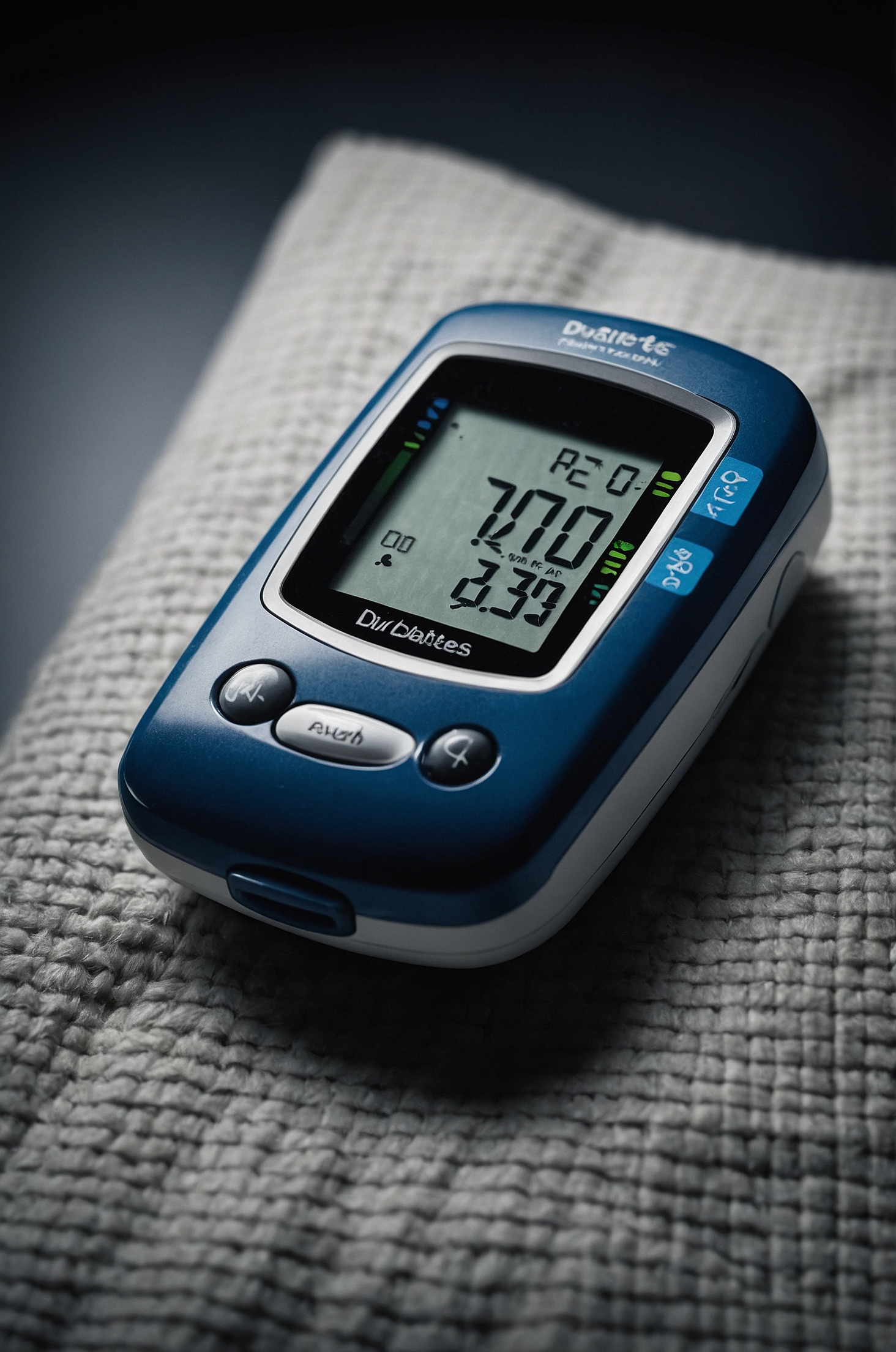Are you a commercial driver or someone looking to enter the industry? Understanding DOT medical exam requirements is crucial for maintaining compliance and ensuring road safety. The Department of Transportation (DOT) mandates that all commercial drivers undergo regular medical examinations to verify their physical and mental fitness to operate commercial vehicles. These exams are not just formalities; they play a vital role in safeguarding both drivers and the public. In this article, we will explore everything you need to know about DOT medical exams, including their purpose, requirements, and how to prepare for them.
The DOT medical exam is a federally mandated assessment designed to evaluate a driver's health and ability to safely operate a commercial motor vehicle (CMV). This exam is part of the broader effort to reduce accidents caused by medical conditions that could impair a driver’s performance. Every commercial driver must pass this exam to obtain or renew their DOT medical certificate, which is essential for maintaining their commercial driver’s license (CDL).
In this guide, we will break down the key aspects of the DOT medical exam, including eligibility criteria, the examination process, and tips to ensure you pass with flying colors. Whether you are a seasoned driver or a newcomer to the industry, this article will equip you with the knowledge you need to stay compliant and safe on the road.
Read also:Pink Herat Movies
Table of Contents
- What is a DOT Medical Exam?
- Why are DOT Medical Exams Important?
- Eligibility Criteria for DOT Medical Exams
- The DOT Medical Exam Process
- Common Reasons for Disqualification
- How to Prepare for Your DOT Medical Exam
- Understanding the DOT Medical Certificate
- DOT Medical Certificate Renewal Process
- Additional Resources and References
- Conclusion
What is a DOT Medical Exam?
A DOT medical exam is a comprehensive health assessment required for all commercial drivers to ensure they meet the physical, mental, and emotional standards necessary to safely operate a commercial motor vehicle. The exam is conducted by a certified medical examiner listed on the Federal Motor Carrier Safety Administration (FMCSA) National Registry.
Who Needs a DOT Medical Exam?
Not everyone needs to undergo a DOT medical exam. This requirement applies specifically to individuals who operate commercial vehicles that meet the following criteria:
- Vehicles with a gross vehicle weight rating (GVWR) of 10,001 pounds or more.
- Vehicles designed to transport 16 or more passengers, including the driver.
- Vehicles used to transport hazardous materials that require placarding.
Why are DOT Medical Exams Important?
The primary purpose of DOT medical exams is to ensure that commercial drivers are physically and mentally capable of performing their duties safely. This is critical because commercial vehicles pose a higher risk of accidents due to their size and weight. By identifying and addressing potential health issues, DOT medical exams help reduce the likelihood of accidents caused by medical conditions such as heart disease, diabetes, or vision impairments.
Impact on Road Safety
According to the FMCSA, medical conditions are a contributing factor in a significant percentage of commercial vehicle accidents. By mandating regular medical exams, the DOT aims to:
- Prevent accidents caused by undiagnosed or untreated health conditions.
- Ensure that drivers are fit to handle the physical and mental demands of driving long hours.
- Promote a culture of safety and responsibility within the commercial driving industry.
Eligibility Criteria for DOT Medical Exams
To qualify for a DOT medical exam, drivers must meet specific health standards outlined by the FMCSA. These standards cover a wide range of medical conditions, including cardiovascular health, vision, hearing, and mental health.
Key Health Standards
Below are the primary health standards that drivers must meet to pass their DOT medical exam:
Read also:Exploring Mydesinetcom A Comprehensive Guide To Understanding The Platform
- Vision: Drivers must have at least 20/40 vision in each eye, with or without corrective lenses, and a field of vision of at least 70 degrees in the horizontal meridian.
- Hearing: Drivers must be able to perceive a forced whisper at a distance of at least 5 feet or pass an audiometric test.
- Blood Pressure: Drivers with high blood pressure may receive a temporary certificate and must manage their condition to qualify for a full certification.
- Diabetes: Drivers with insulin-treated diabetes must obtain an exemption from the FMCSA to operate a commercial vehicle.
The DOT Medical Exam Process
The DOT medical exam is a multi-step process that includes a thorough review of the driver’s medical history, a physical examination, and specific tests to assess vision, hearing, and other health parameters. Understanding the process can help drivers prepare adequately and avoid common pitfalls.
Steps Involved in the Exam
Here is a breakdown of the typical steps involved in a DOT medical exam:
- Medical History Review: The examiner will review the driver’s medical history, including any past surgeries, medications, and chronic conditions.
- Physical Examination: This includes checking vital signs such as blood pressure, heart rate, and respiratory function.
- Vision and Hearing Tests: Drivers must pass standardized tests to verify their vision and hearing meet DOT standards.
- Urinalysis: A urine test is conducted to check for underlying medical conditions such as diabetes or kidney disease.
Common Reasons for Disqualification
While many drivers pass their DOT medical exams without issue, some may face disqualification due to specific health conditions. Understanding these common reasons can help drivers address potential issues before the exam.
Conditions That May Lead to Disqualification
- Uncontrolled Diabetes: Drivers with poorly managed diabetes may be disqualified until their condition is under control.
- Severe Vision or Hearing Impairments: Drivers who do not meet the minimum vision or hearing standards may be disqualified.
- Heart Conditions: Certain cardiovascular conditions, such as a history of heart attacks or arrhythmias, may require additional documentation or disqualification.
How to Prepare for Your DOT Medical Exam
Preparing for your DOT medical exam can significantly increase your chances of passing. Here are some practical tips to help you get ready:
Tips for Success
- Gather Medical Records: Bring all relevant medical records, including recent test results and a list of medications.
- Monitor Your Health: Keep track of your blood pressure, vision, and hearing to identify any issues early.
- Consult Your Doctor: If you have a chronic condition, consult your doctor to ensure it is well-managed before the exam.
Understanding the DOT Medical Certificate
Upon passing the DOT medical exam, drivers receive a DOT medical certificate, which serves as proof of their fitness to operate a commercial vehicle. The certificate is valid for up to 24 months, depending on the driver’s health condition.
Validity Periods
The validity period of a DOT medical certificate varies based on the driver’s health:
- Full Certification: 24 months for drivers with no significant health issues.
- Temporary Certification: 3 to 12 months for drivers with manageable conditions such as high blood pressure.
DOT Medical Certificate Renewal Process
Renewing your DOT medical certificate is a straightforward process, but it requires careful planning to avoid lapses in certification. Drivers must schedule their renewal exam before their current certificate expires to remain compliant.
Steps to Renew Your Certificate
- Schedule an Appointment: Book an appointment with a certified medical examiner well in advance.
- Prepare Documentation: Gather updated medical records and any required documentation.
- Complete the Exam: Undergo the medical exam and address any concerns raised by the examiner.
Additional Resources and References
For more information on DOT medical exam requirements, you can refer to the following trusted resources:
- Federal Motor Carrier Safety Administration (FMCSA)
- Centers for Disease Control and Prevention (CDC)
- FMCSA National Registry of Certified Medical Examiners
Conclusion
DOT medical exams are a critical component of ensuring safety in the commercial driving industry. By understanding the requirements, preparing adequately, and staying informed about your health, you can navigate the process with confidence. Remember, maintaining your DOT medical certification not only keeps you compliant but also contributes to a safer road environment for everyone.
If you found this guide helpful, please share it with fellow drivers or leave a comment below. For more articles on commercial driving and safety, explore our website and stay informed!

